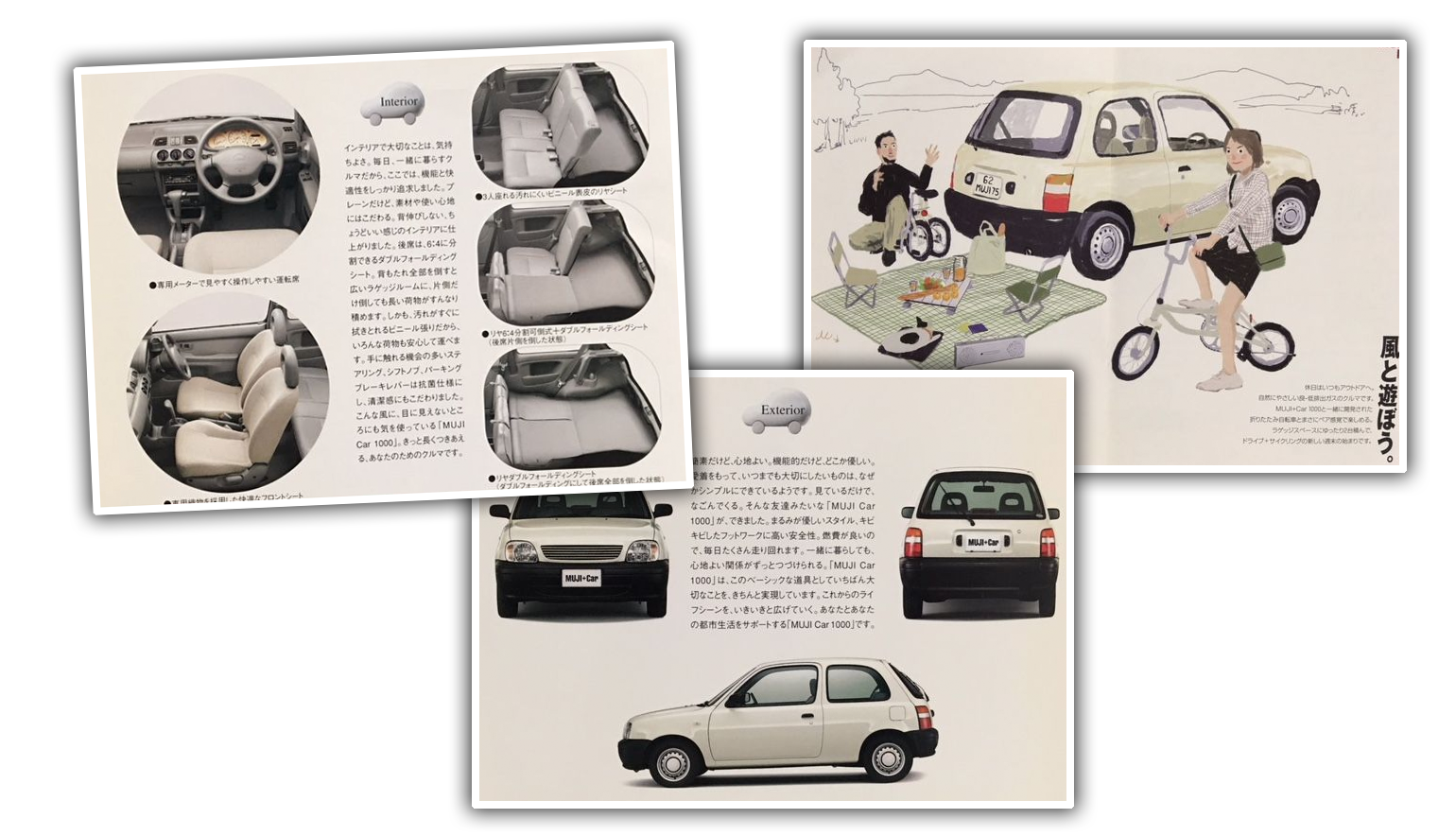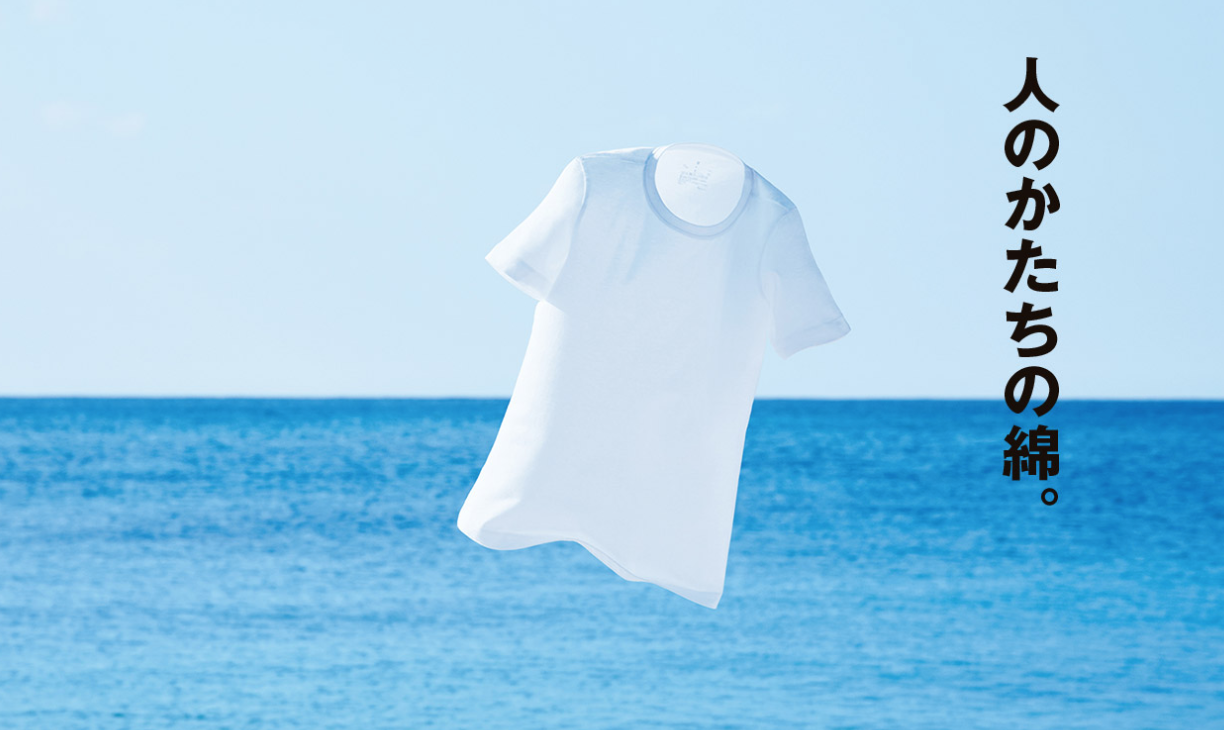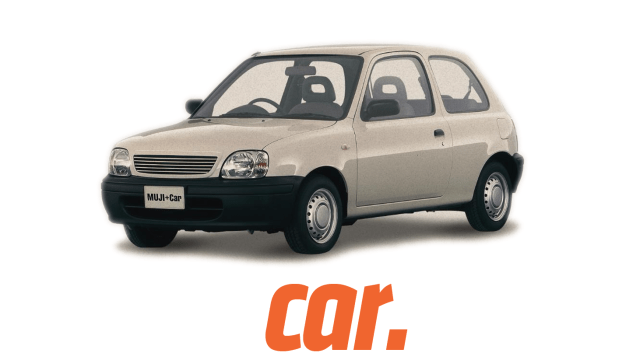Minimalism has become, somewhat ironically, a status symbol unto itself. How many painfully self-satisfied articles have you read about rich people “decluttering” and instead just having a few crazy expensive things carefully placed in a stark white loft? Too many, probably. That just shows how far ahead of its time the 2001 Muji Car 1000 was, a de-contented, completely unbranded car you could only buy in white.

Muji is a Japanese home-goods and other consumer-goods retail chain with a decidedly clean, minimalist aesthetic. The name itself actually means “no name,” coming from the Japanese words 無印良品 Mujirushi Ryōhin, which translates to “no-brand quality goods.” To give you an idea of what this concept means in practice, here’s a screenshot of a product being sold on their website right now:

I’m guessing the ocean is not included.

Back in 2001, Muji teamed up with Nissan to build 1000 examples of the Muji Car 1000, which was, essentially, a Nissan K11 March with all badging and branding removed, in the absolute most basic spec available, including unpainted bumpers, vinyl rear seat, and not a hell of a lot more. The only colour available was plain, basic white.
The car was about $US164 cheaper than the normal base-spec March, so it was a bargain, I guess.
Arguably, you could say that the car’s aggressive non-branding effectively becomes a brand unto itself, and, either despite or because of the showy minimalism of the car, a fairly status-conscious brand.
While the Muji car wasn’t a long-term, high-volume car and more something of an experiment, I could easily imagine something like this happening again, with some premium brand like Volvo or Mercedes providing a platform for a modern take on this, a gleaming, purity-white, unbranded, un-badged, and deeply smug and satisfied car for the insufferable rich.
I bet it would be sold on Goop, and come with a trunk full of cleanse juices and jade vagina eggs.
